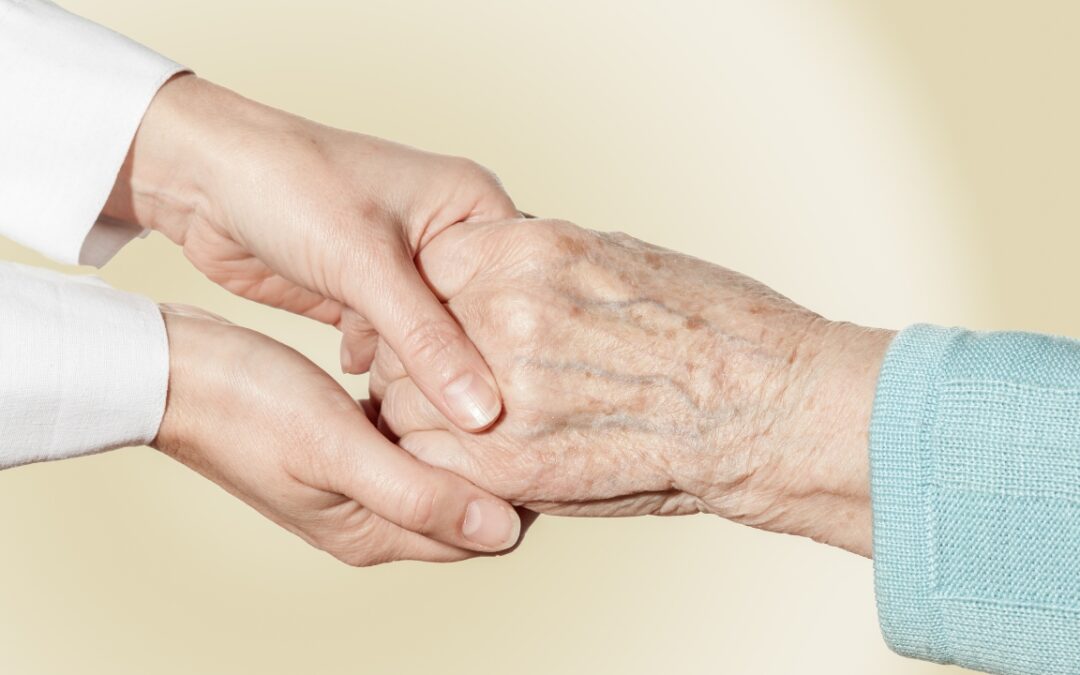Aging is a natural part of life, and as seniors grow older, many prefer to stay in the comfort of their own homes rather than move to assisted living facilities or nursing homes. In-home care offers a personalized solution that allows seniors to age comfortably and independently, while receiving the support they need. At Reliant Home Care Services, we specialize in providing compassionate, customized care that enhances the quality of life for seniors. Here are some of the key benefits of in-home care and how it can make a meaningful difference in your loved one’s life.

1. Aging in the Comfort of Home
One of the primary reasons many seniors choose in-home care is the ability to stay in their own homes. The familiarity of home provides emotional comfort and stability, which is especially important for seniors who may feel overwhelmed by the idea of moving into a new environment.
Staying in a Familiar Environment
Home is a place filled with memories, personal belongings, and a sense of independence. According to AARP, nearly 90% of seniors wish to stay in their homes as they age. Being surrounded by familiar surroundings can reduce stress and anxiety, leading to better overall mental health.
Maintaining Independence
In-home care allows seniors to maintain control over their daily routines, making decisions about their schedules and activities. With the right support, they can continue to live life on their own terms. Personalized care ensures that seniors receive assistance with daily tasks only when needed, promoting a sense of independence.
2. Personalized Care Tailored to Individual Needs
In-home care offers a level of personalization that is difficult to match in assisted living or nursing homes. Your loved one has unique needs, and a one-size-fits-all approach may not work for them.
Customized Care Plans
At Reliant, we create individualized care plans tailored to each senior’s specific health conditions, mobility levels, and personal preferences. This ensures that the care provided is not only effective but also respectful of the individual’s lifestyle. Whether it’s assistance with daily tasks like cooking and cleaning or more specialized care for medical conditions, in-home care can be adjusted to meet your loved one’s needs.
Flexibility
One of the standout benefits of in-home care is its flexibility. Care plans can be adjusted as your loved one’s needs change, whether they require more help due to worsening health or simply need a little extra assistance with daily tasks.
3. Enhanced Quality of Life
In-home care goes beyond meeting physical needs—it also improves the overall quality of life for seniors by providing emotional and social support.
One-on-One Attention
Unlike institutional settings, where caregivers may be responsible for multiple patients at a time, in-home care allows for one-on-one attention. Caregivers can form strong, trusting relationships with seniors, offering not only practical support but also emotional companionship.
Improved Mental Health
Loneliness is a major concern among seniors, especially those who live alone. Studies show that loneliness and social isolation can lead to a higher risk of depression, cognitive decline, and other health issues. In-home care can combat these issues by providing regular social interaction and meaningful engagement, boosting seniors’ emotional well-being. While you may visit your loved one as often as possible, you may not be able to be there as much as you’d like. Talking to one of our caregivers can help keep your loved one mentally stimulated and engaged.
4. Health Benefits of In-Home Care
Seniors receiving in-home care can experience significant health benefits due to the personalized, attentive nature of the service.
Better Health Outcomes
According to a study published by the Journal of the American Medical Directors Association, seniors who receive in-home care experience fewer hospital readmissions and complications than those in institutional care settings. The individualized nature of in-home care allows for better monitoring of health conditions, timely medication administration, and proactive management of health concerns.
Reduced Risk of Infection
Seniors living in nursing homes or assisted living facilities are more susceptible to infections, particularly during outbreaks of illnesses like the flu or COVID-19. In-home care reduces the risk of exposure to infectious diseases, offering a safer environment for seniors, especially those with weakened immune systems or chronic health conditions.
5. Respite for Family Caregivers
Caring for an aging family member can be emotionally and physically demanding for family caregivers. In-home care not only benefits seniors but also provides essential respite for family members who may be balancing caregiving responsibilities with work, family, and other obligations.
Avoiding Caregiver Burnout
Family caregivers often face burnout, which can affect their mental and physical health. According to the Family Caregiver Alliance, about 40% to 70% of family caregivers experience significant symptoms of depression. In-home care offers family members the relief they need to recharge, while ensuring that their loved ones are well cared for.

Reach Out to Reliant to Learn More
In-home care provides a range of benefits for seniors, from enhancing their independence to improving health outcomes and emotional well-being. At Reliant Home Care Services, we are committed to providing compassionate, personalized care that allows seniors to age comfortably in their own homes. Our professional caregivers are dedicated to ensuring the safety, health, and happiness of each individual we serve.
If you or a loved one is considering in-home care, contact us today to learn more about how our services can enhance quality of life and provide the support needed to age gracefully at home. Because when it comes to senior care, there’s no place like home.

